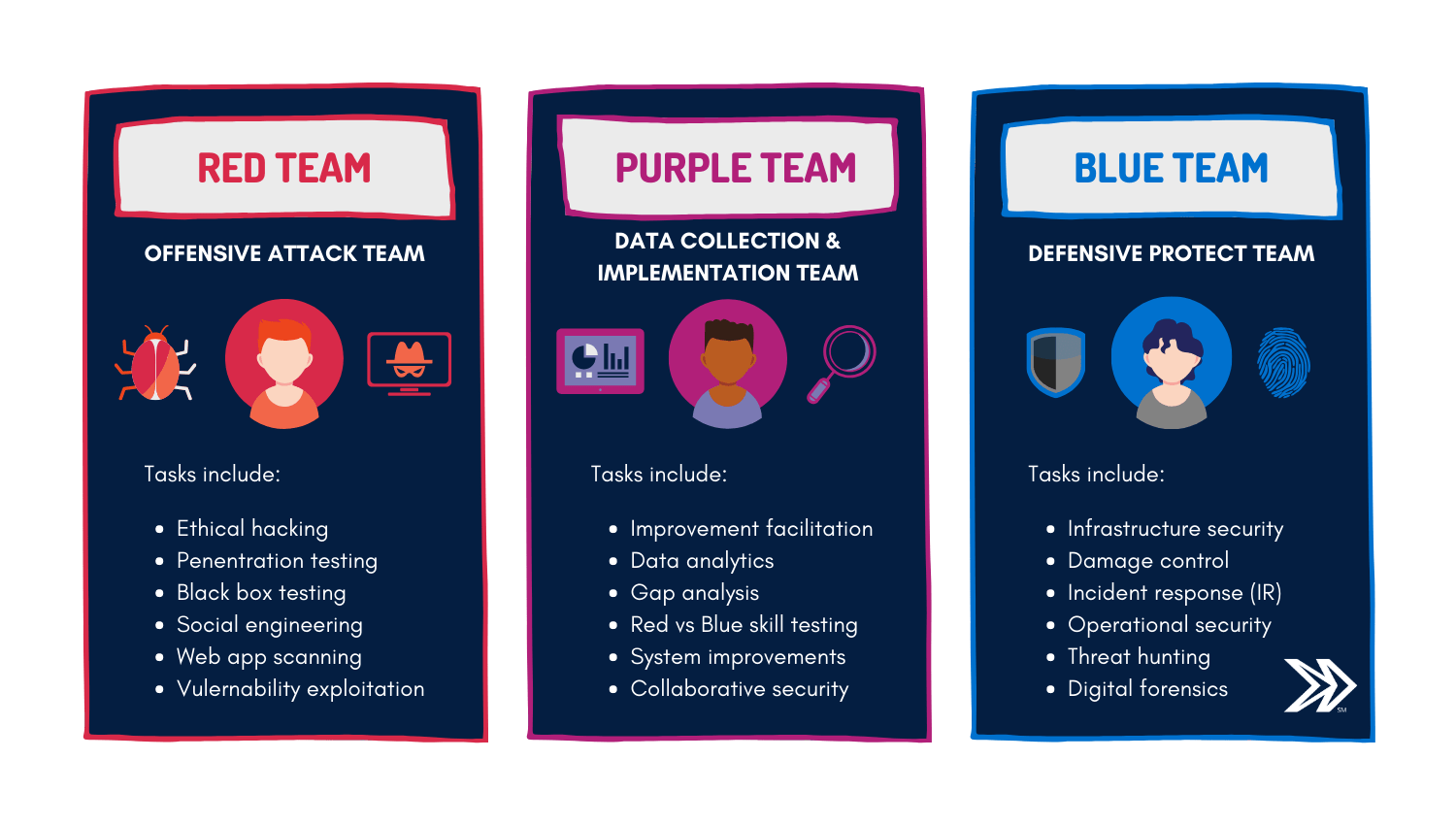Password resets are a hassle. Users dislike the frequent interruptions asking them to change their passwords, and the frustration mounts when the new passwords are rejected by company policies. IT teams aren't spared either, often dealing with a flood of service desk tickets related to password resets. Despite these challenges, password expiry is still a widely accepted practice across most organizations.
But is it necessary? Let's delve into why password expiries exist and whether setting passwords to "never expire" might save headaches but ultimately compromise cybersecurity.
Why Do We Have Password Expiries?
The practice of resetting passwords every 90 days was originally designed to protect against brute-force attacks. Organizations don't store passwords in plain text; they store them as cryptographic hashes. When a user logs in, their password is hashed and compared to the stored hash. Attackers trying to crack these passwords run various possibilities through the same hashing algorithm, comparing the results.
To make this more challenging, organizations often "salt" passwords by adding random strings before hashing. The 90-day expiry period was a way to minimize the chances of a password being cracked within the time it would take for an attacker to succeed.
Although technology has advanced, making password cracking faster, many compliance standards (like PCI DSS) still recommend the 90-day reset rule. But as we’ll see, that rule is being reconsidered.
Why Are Some Organizations Moving Away from Expiries?
One reason is that frequent password resets encourage poor password habits. Users often make small adjustments to their existing passwords, like changing "Password1!" to "Password2!"—a practice that weakens security. In such cases, the problem isn't the act of resetting the password but rather weak password policies that allow predictable passwords to slip through.
Another factor is the sheer cost of password resets for IT teams. Gartner estimates that 20-50% of help desk calls are related to password resets, and each reset can cost about $70 in labor, according to Forrester. This expense adds up, especially when users forget their new passwords after being forced to create them.
To reduce this burden, some organizations may consider requiring users to create strong passwords just once, and then set them to "never expire."
What Are the Risks of 'Never Expire' Passwords?
While a strong password might provide some sense of security, it’s far from foolproof. Even the strongest passwords can fall victim to phishing schemes, data breaches, or other cyber incidents without the user realizing it. A study by Specops found that 83% of passwords that were compromised still met regulatory standards for length and complexity.
The issue worsens when users reuse their passwords across multiple platforms, like their Facebook or Netflix accounts. The risk of password compromise rises dramatically in such cases, regardless of an organization's internal security policies. A survey by LastPass found that while 91% of users knew the risks of password reuse, 59% admitted to doing it anyway.
Another risk with "never expire" passwords is that compromised credentials can go undetected for long periods. The Ponemon Institute found that it takes an average of 207 days for an organization to detect a breach. Even if passwords are set to expire eventually, attackers can still achieve their objectives before any expiration occurs. This is why NIST and other cybersecurity guidelines recommend setting passwords to "never expire" only if you have mechanisms in place to identify compromised accounts.
How to Detect Compromised Passwords
To manage password security effectively, organizations need more than just an expiration policy. They should guide users to create long, strong passphrases—at least 15 characters in length. Longer passwords drastically reduce the likelihood of brute-force attacks.
Organizations can also implement length-based aging policies, where stronger, longer passwords can be used for extended periods before expiring. This method provides flexibility and eliminates the need for one-size-fits-all password expirations, assuming users adhere to the organization's password policies.
Additionally, organizations must put mechanisms in place to detect compromised passwords, as even strong passwords can be vulnerable. Once compromised, even the strongest password could be cracked almost instantly. Thus, a comprehensive password strategy that covers both weak and compromised passwords is crucial for effective security.
By rethinking password expirations and focusing on better detection and password strength, organizations can strike a balance between user convenience and robust cybersecurity practices.


.jpeg)


.jpg)
